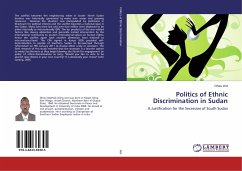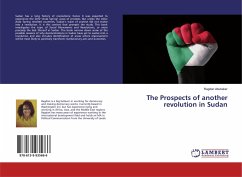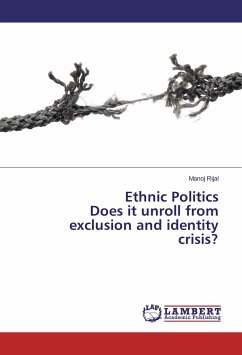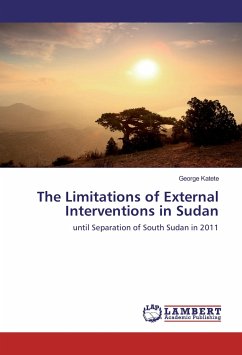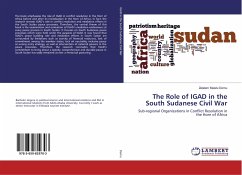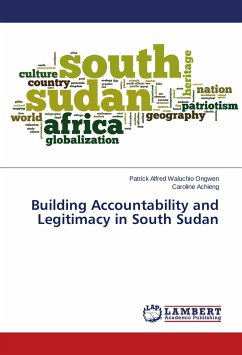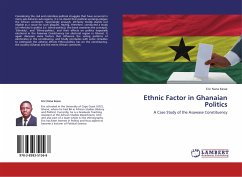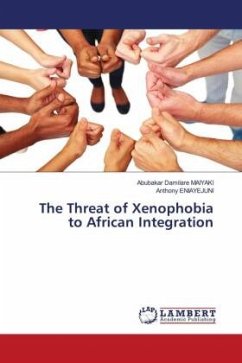The conflict between the neighboring tribes in South- North Sudan borders was historically generated by rivalry over water and grassing resources. However, the situation was manipulated by politicians in Khartoum for political interest and the conflict becomes a national issue in the Sudan. Many lives were lost and over four million were displaced to be either internally or internationally IDPs. The by- products of the war related factors like slavery, abduction and genocide invited intervention by the international community to protect international values on human rights; hence the conflict again took another dimension from national to international level. The CPA signed in Kenya 2005 provided self- determination to people of Southern Sudan to be exercised through referendum on 9th January 2011 to choose either unity or secession. The field research of this study revealed that the secession is a favorite option to many Southerners as they begin blaming the North for engagement on policy of ethnic discrimination so long. "Would you like to vote to be second class citizens in your own country? It is absolutely your choice" John Garang, 2005.

